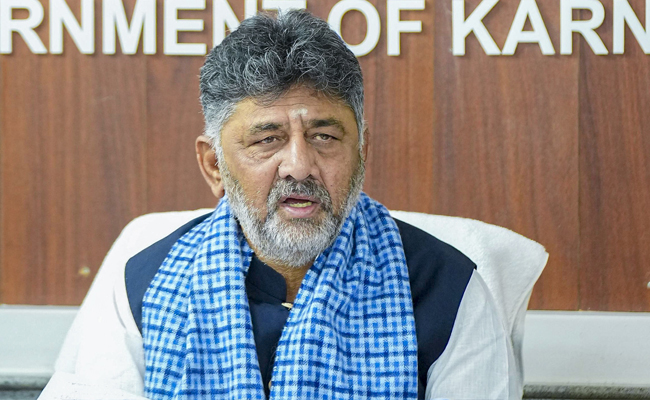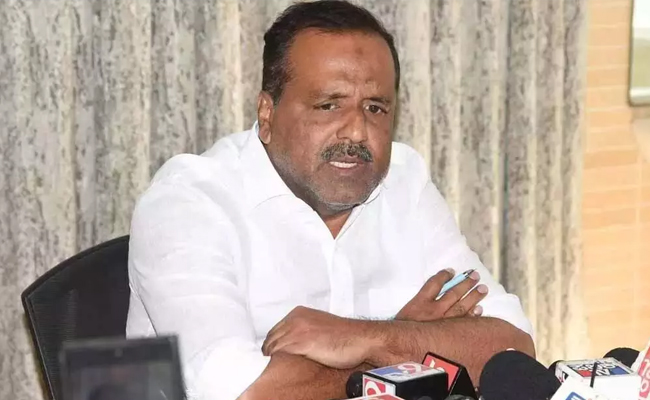Islamabad, Oct 25: Pakistan would send a human to space for the first time in 2022 with China's help, Information Minister Fawad Chaudhry announced Thursday, ahead of Prime Minister Imran Khan's maiden visit to Beijing to further cement the all weather strategic cooperative partnership.
Pakistan's first space mission has been planned for 2022 and the federal Cabinet meeting chaired by Khan approved the plan on Thursday, he was quoted as saying by The News.
An agreement between Pakistan Space and Upper Atmosphere Research Commission (SUPARCO) and a Chinese company has already been signed, the report said.
Pakistan and China already have robust defence ties and Islamabad is one of the top buyers of Chinese military hardware.
Earlier this year, Pakistan launched two indigenously built satellites into orbit, using a Chinese launch vehicle.
The satellites were launched onboard a Chinese Long March (LM-2C) rocket from the Jiuquan Satellite Launch Centre located at the Gobi desert, China.
One of the satellites launched was a remote sensing satellite (PRSS1) a dual-purpose Earth observational and optical satellite.
The second test satellite launched was a PAK-TES-1A, developed by SUPARCO to enhance satellite manufacture capabilities in the country which would help end Pakistan's dependency on commercial satellites for information related to weather, environment and agriculture.
The satellites were transported to China as Pakistan lacks the infrastructure to launch objects, the Express Tribune quoted an official as saying.
China launched its first manned space mission in 2003, becoming the third country in the world to independently develop manned spaceflight, after Russia and the United States.
Prime Minister Khan is embarking on his first visit to China on November 3 and will hold meetings with Chinese President Xi Jinping and Premier Li Keqiang, Geo News quoted the Foreign Office as saying.
During the visit the two sides will review the entire range of bilateral relations which have enjoyed a long history of mutual trust and mutual support. The two sides will also sign several agreements in diverse fields, the Foreign Office statement added.
This will be the premier's first official visit to China after assuming office in August.
The visit signifies the closeness and traditional warmth which characterises Pakistan-China all weather strategic cooperative partnership, the statement added.
After his visit to Beijing, Khan will visit Shanghai to participate in First China International Import Expo in Shanghai. The premier will be a keynote speaker at the inauguration of the expo.
He will be accompanied by a high-level delegation, including Foreign Minister Shah Mehmood Qureshi.
Let the Truth be known. If you read VB and like VB, please be a VB Supporter and Help us deliver the Truth to one and all.
Mumbai (PTI): A Mumbai court on Wednesday granted bail to a businessman, held in a car accident caused by his minor son that led to the death of a person last month, noting that prima facie the father lacked knowledge of his son taking out the vehicle for a drive.
Additional Sessions Judge R M Jadhav allowed his bail on a bond of Rs 50,000 and mainly relied on the statement of a watchman of the building where the businessman resides while granting him relief.
The accident occurred on February 5 near Somaiya College in Mumbai's Ghatkopar area.
As per police, the minor son of the businessman, booked for culpable homicide not amounting to murder, was driving a Kia Seltos when it collided with a scooter, leading to the death of its rider Dhrumil Patel. The deceased's wife Meenal, who was riding pillion, suffered grievous injuries in the crash.
The boy's father was arrested on February 10 and booked under Bharatiya Nyaya Sanhita (BNS) provisions related to rash driving, culpable homicide not amounting to murder, act endangering life and safety of others as well as relevant sections of the Motor Vehicles Act.
The accused, through his advocate Manish Singh, had argued during bail hearing in the court that he was neither present at the accident spot nor driving the vehicle at the relevant time.
He claimed had no knowledge of his son taking the vehicle on the day of the accident and was not responsible for the fatal crash.
Public Prosecutor P B Bankar opposed the bail application, contending the father allowed his son to drive despite knowing the minor did not possess a valid licence.
Advocate Ruben Mascarenhas, appearing for an intervenor (representing the victim's family) , highlighted that the minor operated an Instagram account which featured reckless driving stunts.
The applicant/accused had knowledge of this fact, but still allowed his son to drive the SUV. Hence, prima facie an offence was made out against him, he added.
The advocate submitted that the accused offered Rs 40 lakh to the victim's family to settle the case and claimed that the minor's Instagram history was tampered with.
Additional Sessions Judge Jadhav, after hearing all sides, relied on the statement of a watchman of the businessman's building while granting bail.
It is noted that at 10.15 pm (on the day of accident) the juvenile accused approached the watchman and asked for the car's keys (which were in the latter's possession at that time). The watchman claimed that without questioning the teenager, he handed over the keys to the minor as he happened to be the son of the accused, the court order said.
Later, when the father came down and found that his car was not there in the parking lot, he enquired with the watchman, and came to know the vehicle was taken by his son, it said.
"Prima facie, the material on record thus goes to show that the applicant/accused was not having knowledge of the fact that at the time of incident his son took the vehicle which is required to be noted here," the court held.
The court directed the businessman not to leave Mumbai without its permission and desist from any attempt to influence witnesses in the case.





